
by Derek Bishton | 16th March 2020 | September
03 September 1838
ON September 3, 1838, the enslaved man who became the most famous social reformer and abolitionist in American history set off on his escape to freedom. Frederick Douglass, dressed as a sailor and carrying forged identification papers, fled Maryland for New York with his few possessions, which included the book The Columbian Orator.
Read more

by Derek Bishton | 14th March 2020 | April
23 April 1758
“AS ENGLAND pursued its campaigns in West Africa and the West Indies, its ships, sailors and soldiers traced the connections between the Jamaica garrison and the wider war. By their movements and actions, these instruments of empire bound the disparate regions of the Atlantic world to the slaving economy. The belligerent cruise of HMS Harwich offers a telling example,” writes Vincent Brown in his brilliant new book Tacky’s Revolt: The story of an Atlantic slave war.(1)
Read more
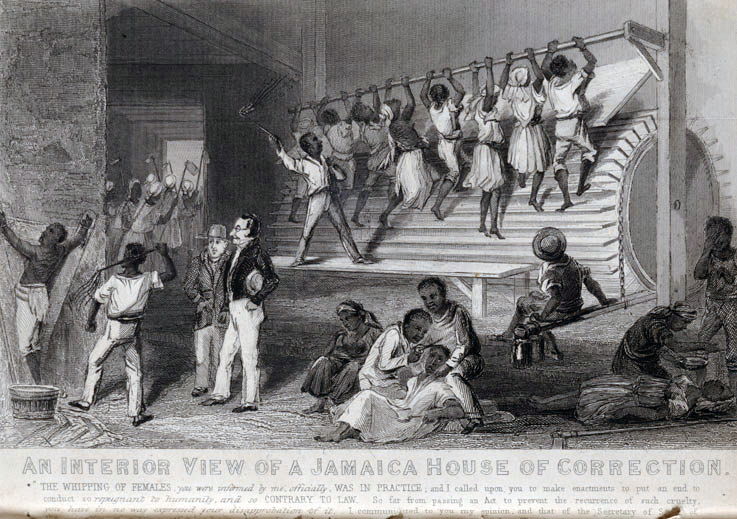
by Derek Bishton | 13th March 2020 | June
20 June 1837
JAMES WILLIAMS’s Narrative of Events – one of the very few autobiographical texts by a Caribbean who had experienced slavery – was a key text in the transatlantic campaign to fully abolish the lingering legacies of slavery in Britain’s Caribbean colonies.
Read more
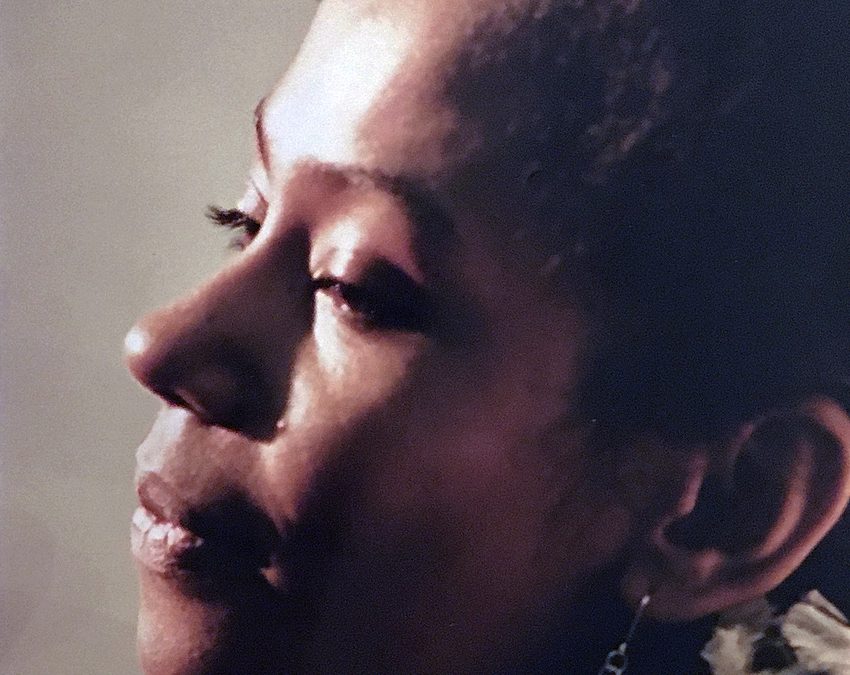
by Derek Bishton | 13th March 2020 | January
04 January 1995
“WHAT does it mean to be Black? What does it mean to be a Black woman? And what does it mean to be a Black Rastafari woman?” In this essay, curator and academic Aleema Gray re-evaluates D. Elmina Davis’s 1988 documentary film Omega Rising Women of Rastafari in the context of the 1980s and the British Rastafari movement.
Read more
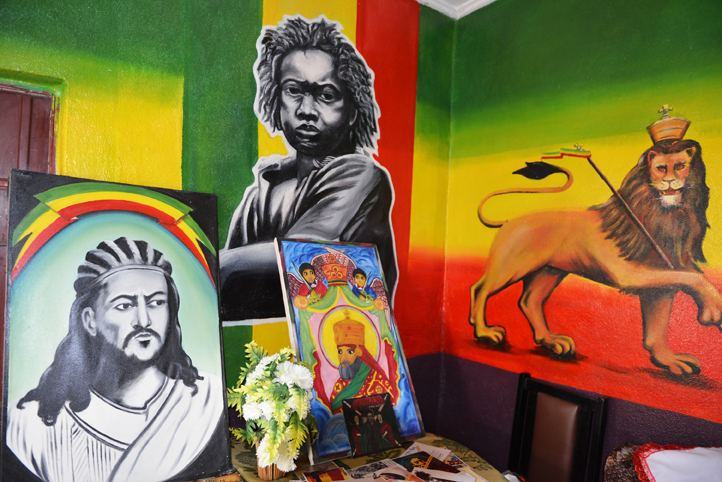
by Derek Bishton | 10th March 2020 | January
19 January 1982
IT WAS a radical step: the Catholic Commission for Racial Justice, set up to advise Roman Catholic Bishops in England and Wales on how best to develop its ministry in a multicultural society, said they should start by recognising Rastafari as a valid religion.
Read more

by Derek Bishton | 8th March 2020 | February
04 February 1794
JEAN-BAPISTE BELLEY-MARS was enslaved as a boy and taken to Saint-Domingue where he managed to purchase his freedom. He had a distinguished career in the French army before returning to the island where he became a prosperous planter. He was elected to represent the colony at the French National Convention in Paris in 1794 and is widely credited with persuading that body to abolish slavery in France and its overseas colonies following a powerful and emotive speech he delivered on February 4, 1794.
Read more
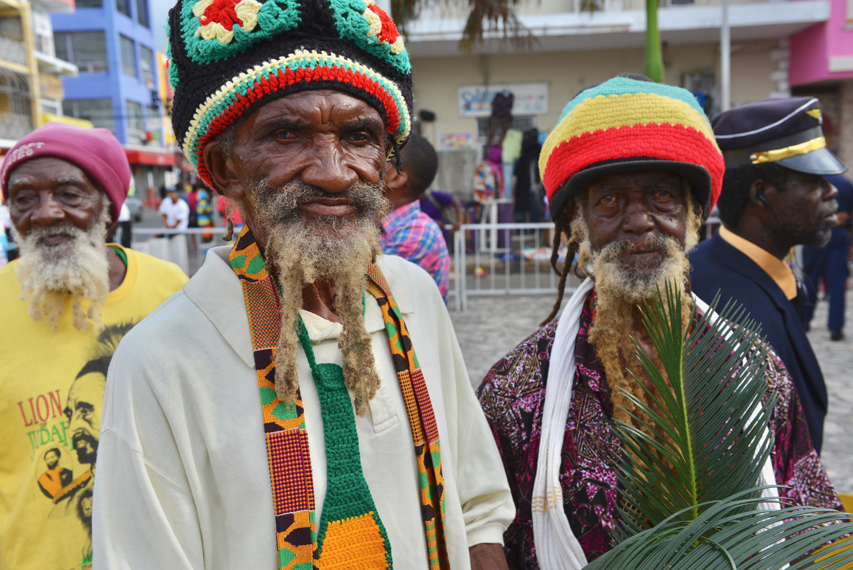
by Derek Bishton | 8th March 2020 | April
12 April 2013
THIS powerful testimony by Jamaican-born academic and writer Horace Campbell was written to commemorate the 50th anniversary of the Coral Gardens uprising. He combines his personal recollections and memories of that fateful Easter weekend with a penetrating analysis of the deep-seated causes of the conflict. He concludes by celebrating the dedicated Rastafari who continue to carry forward the messages of peace, truth and love as a holding operation until new forces emerge to fully overthrow the Babylonian system.
Read more
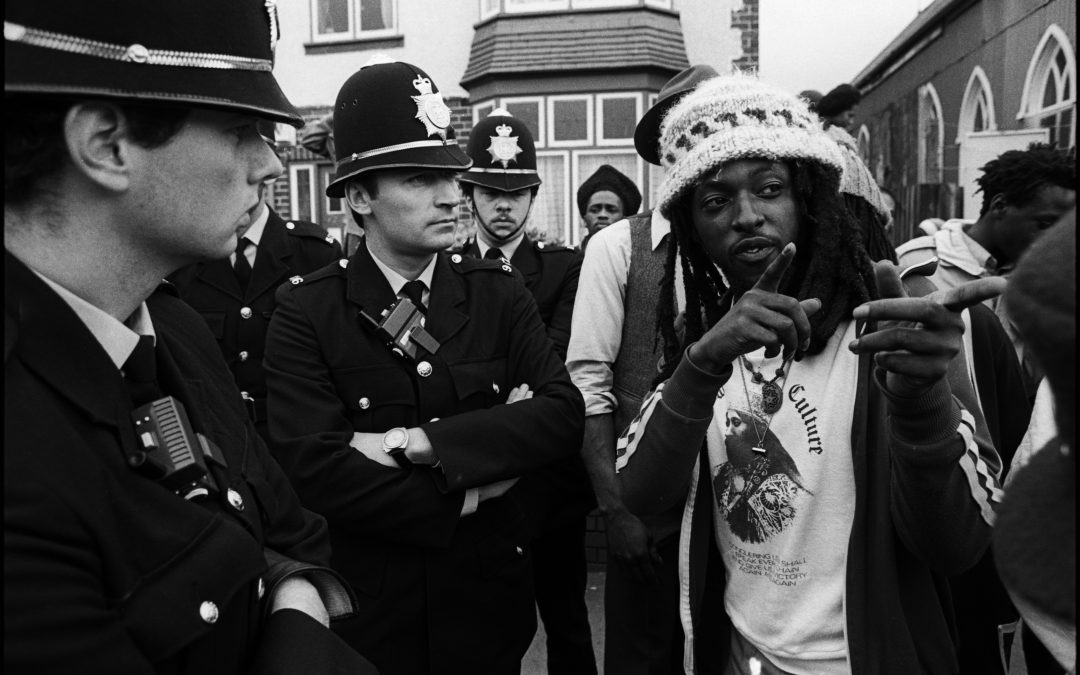
by Derek Bishton | 6th March 2020 | June
05 June 1978
THE moral panic that followed the publication of The Shades of Grey report on policing in Handsworth and its central characterisation of the area as one terrorised by a gang of 200 criminal Dreadlocks provoked a powerful response from the black community. Within a few months the Affor community agency (1) had published Talking Blues, a 48-page collection of interviews with young black people, parents and church ministers that portrayed an altogether different reality – one of constant harassment, discrimination and racist behaviour on the part of the police.
Read more

by Derek Bishton | 30th January 2020 | February
12 February 1965
MALCOLM X, the human rights activist and iconic figure in the Black Power movement, made what turned out to be his last foreign trip – he was assassinated in New York nine days later – when he visited a row of terraced houses in Marshall Street, Smethwick in February 1965. He came at the invitation of the Indian Workers’ Association (IWA) to show solidarity with their struggle against the racist policies of the local Conservative council.
Read more
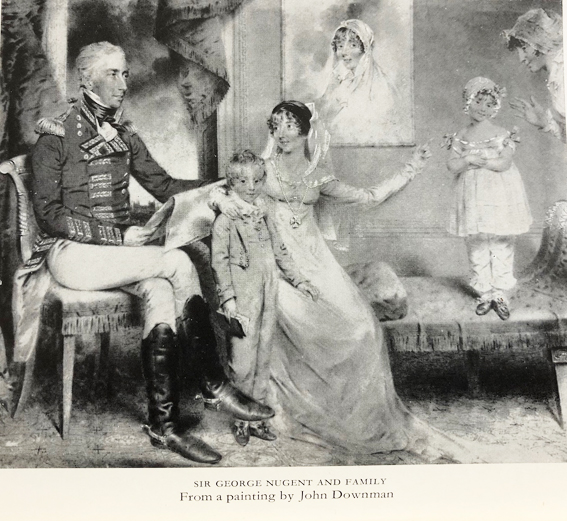
by Derek Bishton | 28th January 2020 | May
26 May 1803
LADY NUGENT throws a fete for her servants and begins the ball by dancing with an old black servant which causes consternation amongst her white ladies in waiting who fear that such familiarity might breed rebellion.
Read more

by Derek Bishton | 28th January 2020 | May
07 May 1816
ANANSI stories – which Mathew Lewis(1) calls Nancy stories – originated in West Africa. They were brought to Jamaica and other parts of the New World by enslaved Ashanti people, and were handed down orally through generations. Anansi is sometimes a spider, sometimes takes human form, and is sometimes a combination of the two. Anansi is a complex figure: he (or she) is an inventive trickster, cunning and smart in the extreme and was an important character to generations of enslaved people, demonstrating the ability of the weak and the downtrodden to use brains, wit and cunning to triumph over the oppressor.
Read more
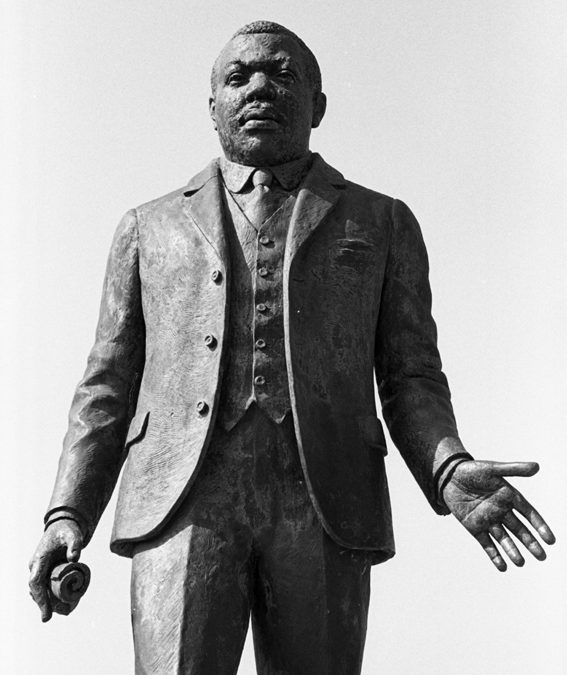
by Derek Bishton | 27th January 2020 | April
05 April 1919
IT IS difficult to overstate the threat that Marcus Garvey and his United Negro Improvement Association posed to colonial powers and the status quo in the USA in the years following the First World War. As Garvey observes in this speech, black Americans fought for Europe’s freedom: now they were ready to fight for Africa’s freedom.
Read more












